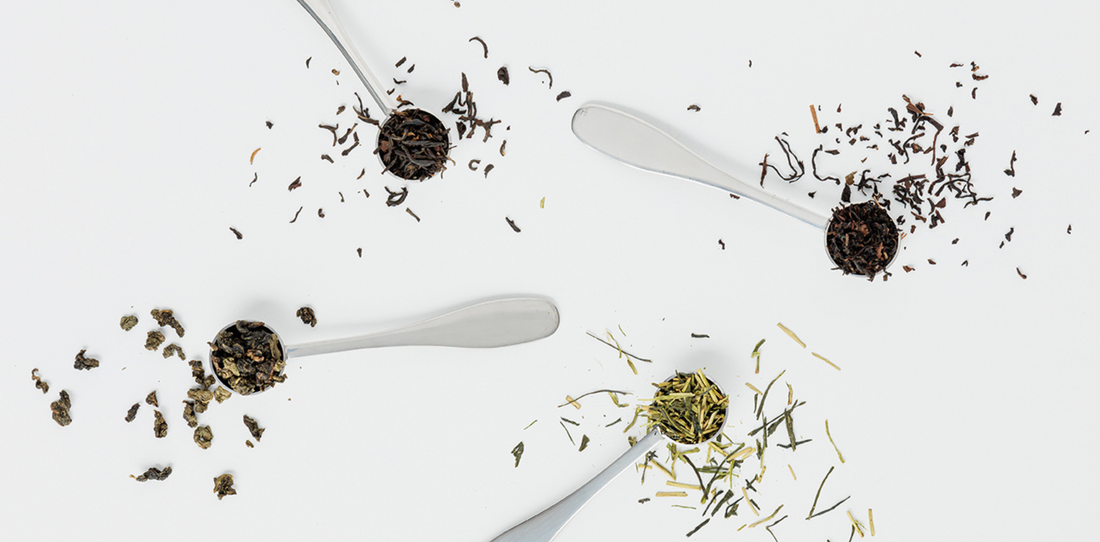
Steeped in Time: A Short History of Tea
Before it filled mugs across Britain, before it was spun into kombucha in the Borders, tea was something far older, far wilder. A leaf plucked from the highlands of Yunnan. A quiet ritual in the hands of a monk. A gesture between strangers. A stimulant for empire. A symbol of resistance. Tea has never just been tea.
Here at Left Field, we work with tea every day. We taste it, we talk to it, we ferment it into something new. But we’re always aware that we’re part of a much longer story. This is a small reflection on where tea has been, and why that matters.
The Origin: Wild Beginnings
Tea started in the forests of southwest China (Yunnan), where it grew wild and tall, more tree than shrub. According to legend, the discovery was accidental: a leaf drifting into boiling water. But what matters more than the myth is the lineage. For thousands of years, tea was medicine. It was bitter. It was sacred. People drank it not for comfort but for clarity.
It was the Daoists and Buddhist monks who developed early tea culture—using it to stay alert during meditation, to balance body and mind. This wasn’t about afternoon refreshment. It was about presence.
The Journey: Trade and Transformation
From China, tea moved—by camel, by sea, by story. It spread to Japan with Zen monks. It was traded along the Silk Road. It crossed borders and became something new in every place it landed. The Japanese tea ceremony grew from a reverence for stillness. In Tibet, tea was blended with yak butter to fortify body and spirit against altitude. In India, tea met spice and heat and eventually became chai.
Wherever tea went, it adapted. And it changed the cultures that welcomed it.
The Empire: Power in a Cup
By the 17th century, tea arrived in Britain. What followed is a more complicated chapter.
Tea became fashionable—then political. It was taxed, smuggled, controlled. The British East India Company turned tea into a global commodity, driving colonisation, war, and the forced cultivation of tea in places like Assam and Ceylon. The Boston Tea Party wasn’t just a protest—it was a rejection of monopoly and control. A reminder that tea, like anything valuable, can be weaponised.
It’s impossible to talk about tea without also acknowledging the power dynamics that shaped its trade—often at the expense of people and land.
The Present: Fermented Futures
Today, we drink tea in countless ways: black, green, oolong, fermented, iced, sweetened, spiced, and—of course—bubbled into kombucha. At Left Field, we work primarily with whole leaf teas, sourced as directly and ethically as possible. No flavourings. No dust. Just leaves with history.
When we brew, we’re not just making a drink. We’re participating in something old. Tea connects us—to farmers, to soil, to weather patterns and harvests. And when we ferment it into kombucha, we’re adding another layer to the story. One that’s alive. One that’s changing.
What Tea Means to Us
Tea is still a ritual. Still a medicine. Still a pause in a loud world. It reminds us to be patient. To be grounded. To taste slowly and think carefully about where things come from.
In a culture of speed and shortcuts, real tea asks us to slow down. To honour the process.
And we do.
With every bottle, every brew, every conversation—tea teaches us to listen to what’s living.
